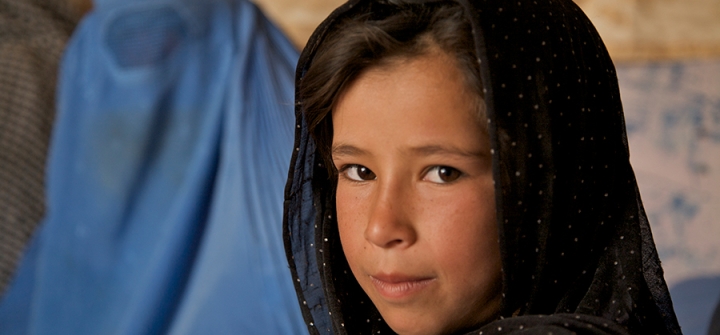GHN Readers' Choice Awards 2017
"The Photos the US and Saudi Arabia Don’t Want You to See"
Armed with heartbreaking images, Nicholas Kristof doesn’t mince words. “Let’s be blunt: With U.S. and U.K. complicity, the Saudi government is committing war crimes in Yemen,” he writes.
One reason is that the world is not seeing the victims, which Kristof says is partly because Saudi Arabia is keeping foreign journalists away from the rebel-held areas. Weaving in horrific images of victims of the crisis taken by AFP, Reuters and World Food Program teams, he details the human tragedy of the conflict, and in the process dismantles all the excuses that enable the crisis to persist.
Nicholas Kristof, August 29, 2017, The New York Times (Opinion)
Lasting, Tragic Effects of a School Shooting
This story will break your heart. Then the next day, when you remember it, it will break your heart again.
Last September, the children of an elementary school in Townville, South Carolina joined the more than 135,000 other students from at least 164 US schools that have suffered a campus shooting.
The Washington Post’s John Woodrow Cox documents the 12 seconds of horror inflicted on the schoolchildren, but more importantly he uncovers the shooting’s lasting effects on the children. A must-read.
The Quote: “Please don’t make me go out there again,” said Ava Olsen on the prospect of returning to school.
John Woodrow, June 9, 2017, The Washington Post
A Painful Homecoming
For some former girl soldiers in the Democratic Republic of Congo, the pain of returning to their former lives sends them back to the armed groups, where sexual violence against girls is routine.
What the Girls Say, a Child Soldiers International report, found that the girls, many of whom are sexual abuse survivors, are often rejected and stigmatized by their family and community.
Says Sandra Olsson, Child Soldiers International program manager: “Social exclusion and stigmatization is far more prevalent among girls. It is linked to a perceived “loss of social value” after having had sexual relations outside marriage.”
Child Soldiers International via ReliefWeb, June 2017
Radical Medicine
In a first-of-its kind case in the US, phage therapy—the century-old use of viruses to kill bacteria—saved the life of a 68-year-old man dying of an infection from one of the world’s most antibiotic-resistant superbugs.
After 7 months in the hospital, Tom Patterson had run out of options in his fight against Iraqibacter. Desperate, his wife, Steffanie Strathdee, director of UC San Diego’s Global Health Institute, embarked on a quest to track down a compatible phage to treat Tom’s infection.
Strathdee and colleagues who helped her secure the lifesaving phage at a high-security US Navy lab and obtain special FDA approval for the experimental therapy will publish a study on Patterson’s case.
With a terrific narrative and fascinating science makes it worth revisiting.
Azeen Ghorayshi, May 6, 2017, Buzzfeed
Vulnerable in Africa
Poverty, violence and climate change in West and Central Africa have displaced more than 7 million children, according to a UNICEF report.
In total, children make up more than half of the 12 million migrants in the region. The report found that most seek refuge in other African countries; only 1 in 5 attempt the dangerous journey to Europe.
“We must broaden the discussion on migration to encompass the vulnerabilities of all children on the move and expand systems to protect them, in all their intended destinations," says UNICEF regional director Marie-Pierre Poirier.
Lin Taylor, July 5, 2017, Thomson Reuters Foundation
People of the Parting Rocks
First Nations people in the small Canadian town of Attawapiskat have faced an epidemic of more than 100 suicide attempts—the latest in a long series of hardships for the community.
Photographer David Maurice Smith visited the town from August to October, 2016 to document the story. His new series of photos, part of the People of the Parting Rocks project supported by the Puliltzer Center on Crisis Reporting, shows a community that has repeatedly confronted injustice and long odds and continues to move forward with striking resilience.
Photography By David Maurice Smith, Text By May-Ying Lam, Pulitzer Center On Crisis Reporting
A girl child with other women in a Community Development Council (CDC) meeting in Saeedabad village, on the outskirts of Kabul, the capital of Afghanistan. Image by Shehzad Noorani.




